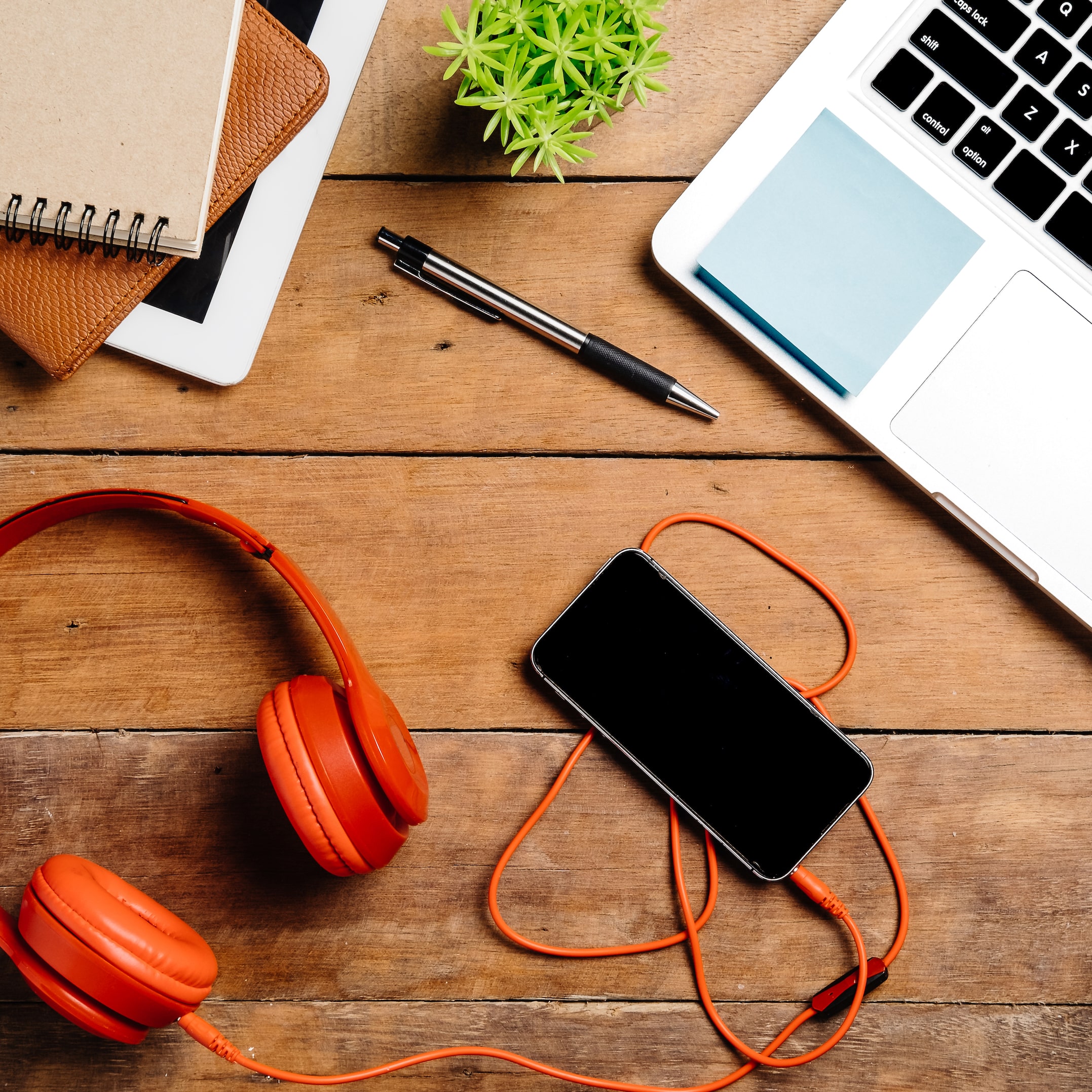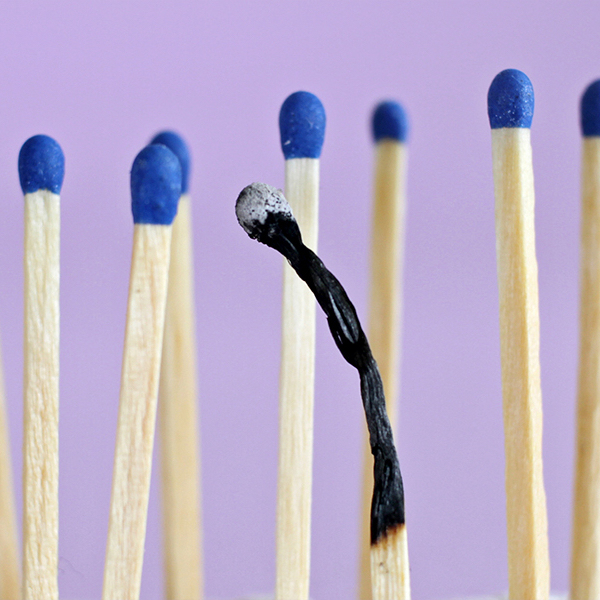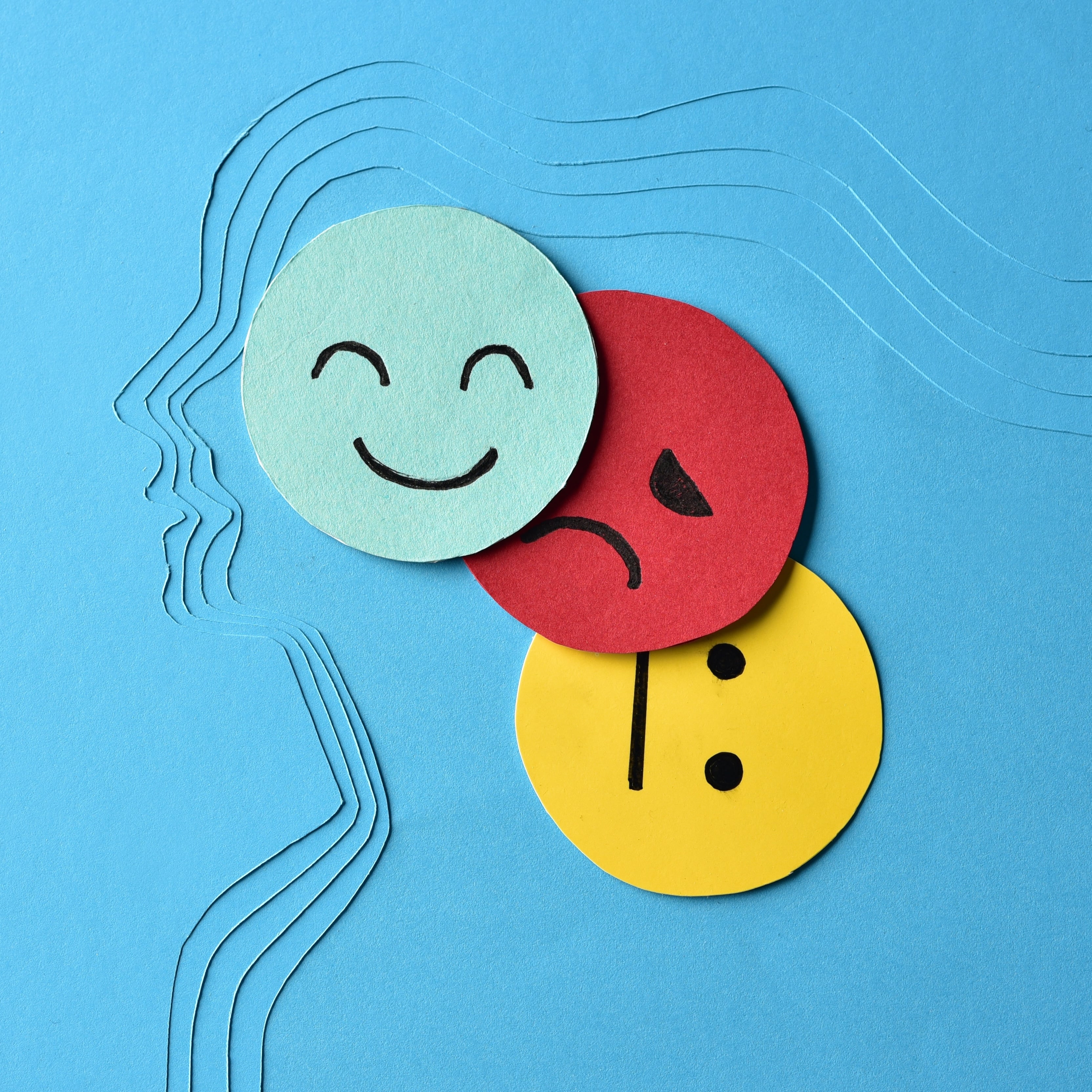As we close out the ‘official’ Mental Health Awareness Month, it’s critically important to find new ways to keep the conversation around mental health top of mind, no matter what the time of year. Over the past few weeks, we’ve looked at how to manage and reduce stress in the workplace, ways HR can support employee mental health, and science-based strategies for improving wellbeing. But how does this apply to an employees’ day-to-day routine?
To spark some creativity beyond this month, we asked Reward Gateway employees around the world how they take care of their own mental health needs. From new books to podcasts, to meditation tips and productivity hacks, they cover it all. Here’s a look:
We asked: What are your top tips for work-life balance and integration?
 From Pippa van Praagh, Director of Product Strategy: “Know the things that are non-negotiable for you and stick to them wherever you can. For me, it’s about never missing something that is important to my children’s development, future and sense of being my most important aspect of my life – so I never miss a parent’s evening or performance and I make sure my team know that that is what I am doing.”
From Pippa van Praagh, Director of Product Strategy: “Know the things that are non-negotiable for you and stick to them wherever you can. For me, it’s about never missing something that is important to my children’s development, future and sense of being my most important aspect of my life – so I never miss a parent’s evening or performance and I make sure my team know that that is what I am doing.”
U.S. Sales Consultant Ryann Redmond aims to prioritize the things she has to do and also the things she really wants to do. “Gain confidence and be confident and comfortable with saying ‘no,’ and set boundaries for yourself and your family,” she says.
U.S. VP of Sales Jeff Rice likes to recognize the times of day where he is most productive and, where it’s possible, schedule out the time equally between work and personal interest to maintain a balance.
 Daryle Knight, Director of FP&A admits, “It’s often hard to avoid reaching ‘burnout bingo’ during busy times, but it all starts off with the task list and remembering the three levers that can positively or negatively affect your to-do’s – requirements, resources (both systems and people!) and time.” He uses this method for medium- and long-term planning and to manage expectations in the wider business. “If there’s a task that’s regularly taking too long and is limiting that free time, it’s good to question if that task is actually required, or if there’s a more cost-effective way to handle it through a system or additional resource.”
Daryle Knight, Director of FP&A admits, “It’s often hard to avoid reaching ‘burnout bingo’ during busy times, but it all starts off with the task list and remembering the three levers that can positively or negatively affect your to-do’s – requirements, resources (both systems and people!) and time.” He uses this method for medium- and long-term planning and to manage expectations in the wider business. “If there’s a task that’s regularly taking too long and is limiting that free time, it’s good to question if that task is actually required, or if there’s a more cost-effective way to handle it through a system or additional resource.”
What are some activities you’ve added to your daily routine to improve your overall wellness?
Rob Boland, COO said, “I like the Wim Hof method, which I’ve incorporated into my days. I do the breathing followed by the cold therapy, with five minutes in an ice bath. It’s easily the best thing I do every day.”
 From Anthony Knieram, U.S. Managing Director and co-founder of Reward Gateway company MoveSpring has a wealth of tips to improve your wellbeing. A few include:
From Anthony Knieram, U.S. Managing Director and co-founder of Reward Gateway company MoveSpring has a wealth of tips to improve your wellbeing. A few include:
- Meditate when possible. Ideally, you’ll prioritize it as a habit to do daily, even if it’s just one to three minutes in the morning and afternoon, but it’s also important to forgive yourself if you fall off that habit. Just doing the action is a step in the right direction.
- Prioritize personal health and fitness. It doesn’t need to be a 45-90 min gym workout or class or even at home on a Peleton – all of those are amazing, but it could just be long walks. Being on camera is important for connections, but I am a huge advocate for walking meetings (if you’re not needed on camera) with some great noise-cancelling headphones. I am more productive and creative mentally, and I have a selection of tools for notes, reminders and follow-ups.
- Have specific time dedicated to calls with other founders or executives in your network that have no agenda to each other’s business. “Talk about gnarly issues, things that no one likes to talk about,” he says. “There’s so much media and time spent on celebrating unicorns and a mantra of ‘everyone is crushing it out here’ – I like to learn through shared life experiences of others, in the weeds of challenges vs. just reading all about success.”
What books or podcasts would you recommend for those who want to improve their overall mental health?
James Edwards, Director of Support and Implementation suggests “Four Thousand Weeks: Time and How to Use It” for a radical look at how to embrace the challenge of lengthening to-do lists and using your time on Earth (approximately four thousand weeks) the best way possible.
 Nebel Crowhurst, Chief People Officer, keeps “Resilience: How to Cope When Everything Around You Keeps Changing” on her nightstand to page through when times are tough. The self-described ‘chatty, self-help book,’ helps you handle the ups and downs in life based on how you react to situations and cultivating resilience. The same author also does a series of mini-books for more bite-sized pieces of advice to foster your own personal resilience.
Nebel Crowhurst, Chief People Officer, keeps “Resilience: How to Cope When Everything Around You Keeps Changing” on her nightstand to page through when times are tough. The self-described ‘chatty, self-help book,’ helps you handle the ups and downs in life based on how you react to situations and cultivating resilience. The same author also does a series of mini-books for more bite-sized pieces of advice to foster your own personal resilience.
Lastly, the Healing Hub from Nikki J. Owen looks at three different practices, similar to the Wim Hof method, including breathing exercises, meditations and sleep journeys
Anthony says he has “too many to list,” but also advocates for listening to podcasts that are outside of the normal day-to-day. He likes to do a ‘podcast roulette,’ picking something based on a random topic, word or a new interest in something you’ve never searched. “This can help get your brain moving and break a pattern,” he says.
 Daryle Knight, Director of Finance, has a long list of media to recommend. His top picks are:
Daryle Knight, Director of Finance, has a long list of media to recommend. His top picks are:
- The Diary of a CEO podcast with Steven Bartlett – longform content from experts in a range of fields, including neuroscience, gut biology and psychology. It's not just for business!
- Think Media podcast, hosted by Sean Cannell
- Alex Hormozi and Ali Abdaal on YouTube
- Impact Theory podcast, hosted by Tom Bilyeu,
- Modern Wisdom podcast, hosted by Chris Williamson.
- “The Call to Courage” with Brene Brown, hosted on Netflix. “It’s a brilliant and entertaining alternative to the normal binge watching.”
To round out the list, Jeff recommends the book “P.S. You’re a Genius” and the podcast Ikigai.
When your stress levels are at an all-time high, do you have a mantra or special routine that helps you level out?
Anthony stresses the importance of therapy, saying that during times of high stress, he’ll bump up his sessions to unpack certain feelings and why he has them. Meditation also plays a role. Another tip? “Set very specific intentions daily – this has been massively helpful for me. It could be something simple like making the bed when I wake up, or doing the dishes immediately after eating.” The way to set your intentions is to think of anything that has a sense of completion and accomplishment.
 Jeff lives by the mantra “Find your passion in your pain.” Meaning, single out the things you love doing in your day to day as well as the things that bog you down with anxiety. “Figuring out the root cause of your anxiety is a useful step to curing it,” he says. “Next, work through delegation or process improvement to eliminate the stressors so that you are primarily doing the things you like to do in your day, turning stressful tasks into positive emotional events.”
Jeff lives by the mantra “Find your passion in your pain.” Meaning, single out the things you love doing in your day to day as well as the things that bog you down with anxiety. “Figuring out the root cause of your anxiety is a useful step to curing it,” he says. “Next, work through delegation or process improvement to eliminate the stressors so that you are primarily doing the things you like to do in your day, turning stressful tasks into positive emotional events.”
For Ryann, a simple walk can do wonders, especially if she can listen to music and tune everyone else out. Practicing yoga breathing and finding a quiet space also helps clear her mind.
As you can see, wellbeing is often top of mind, no matter the day or situation. Keep an eye out for more on our blog as we explore employee wellbeing at work. In the meantime, see how putting wellbeing at the heart of everything your business does can be valuable for retention and attraction efforts:

 Chloe Thompson
Chloe Thompson



